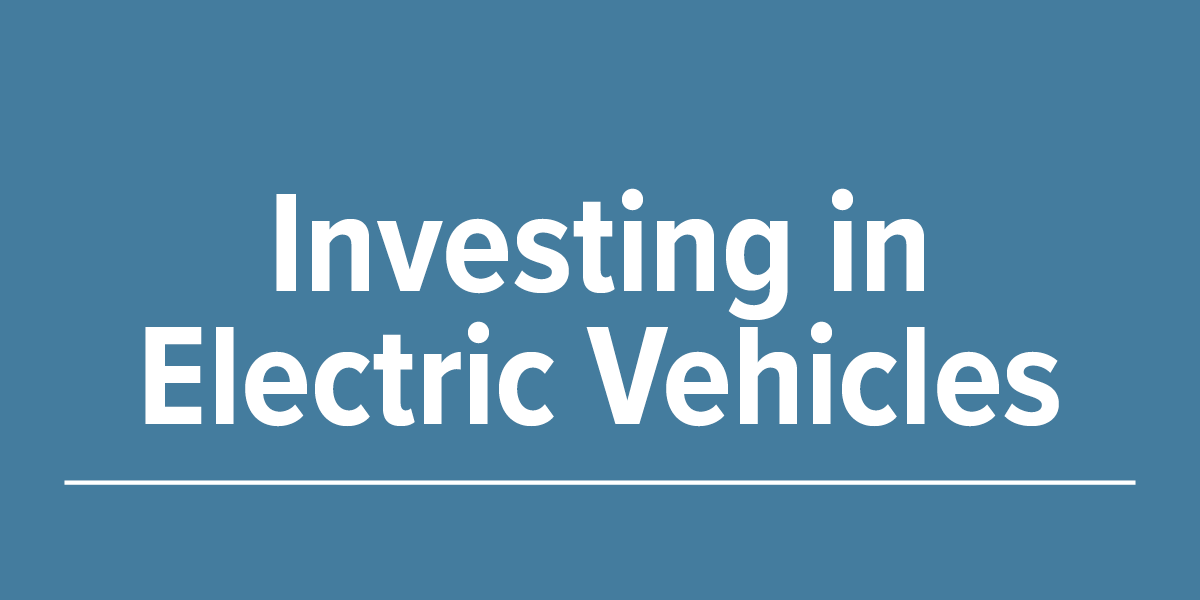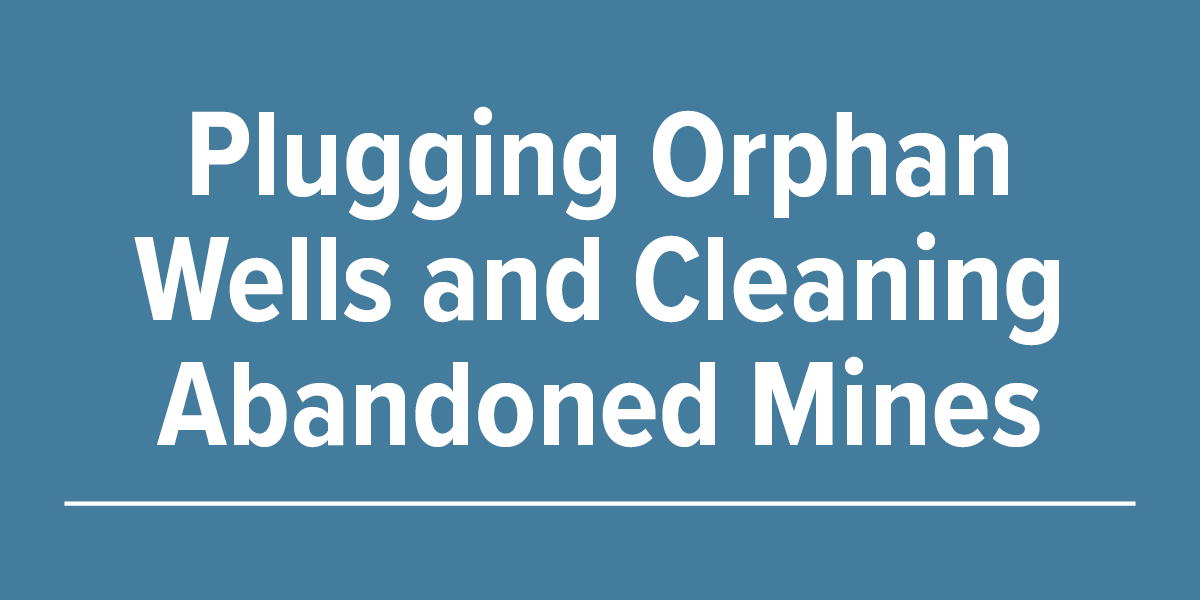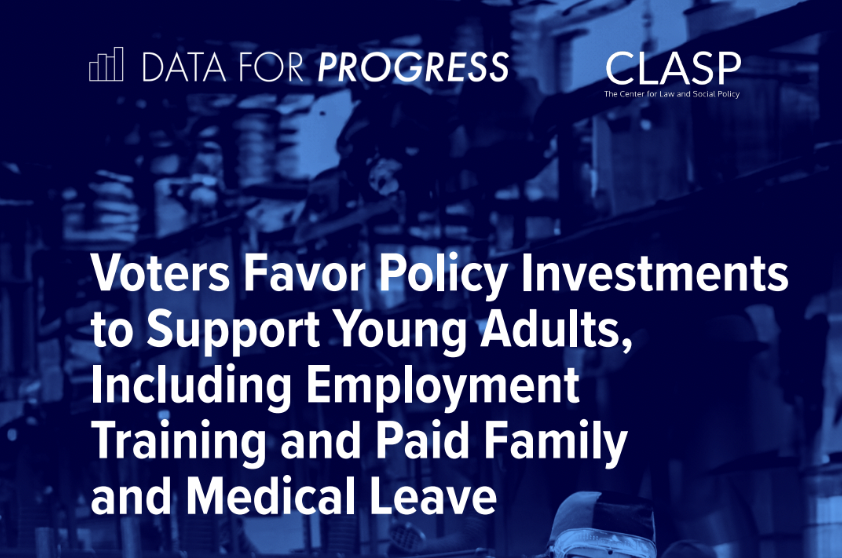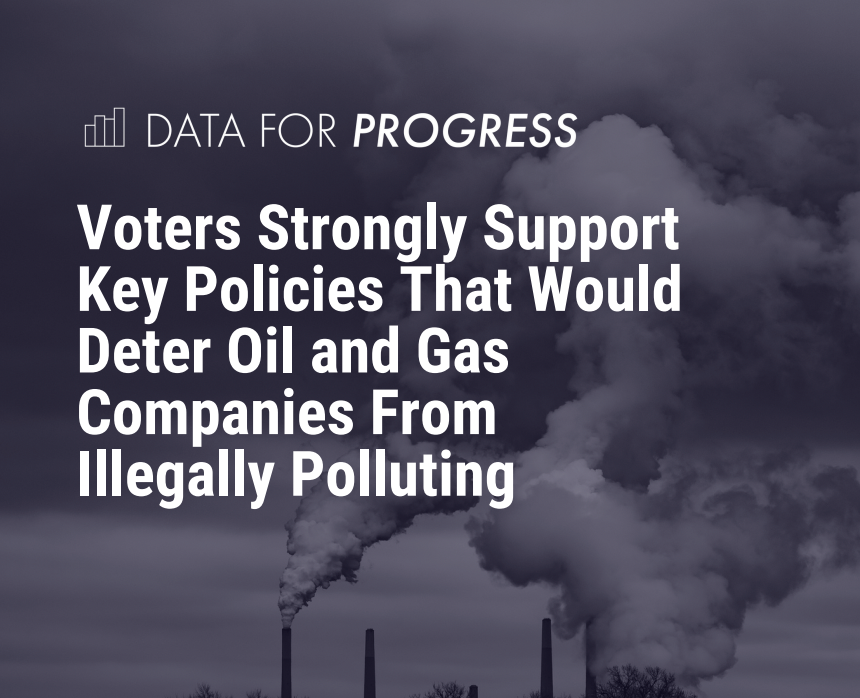Memo: Progressive Guide to the American Jobs Plan
For years, politicians from across the political spectrum have decried America’s “crumbling infrastructure” without much — if anything — to show for it. At the same time, the climate crisis, wealth inequality, and racial injustice have intensified, with women, low-income communities, communities of color, and other frontline communities bearing the brunt of these inequities. The moment of intersecting crises we live in demands ambitious and equitable investments in our nation’s physical and human infrastructure. The American Jobs Plan (AJP) not only addresses the present need to rebuild our nation, but also prepares for a stronger, safer, and more equitable future.
Following the passage of the $1.9 trillion American Rescue Plan, the AJP extends beyond the bounds of “traditional” physical infrastructure proposals to address issues related to the workforce, home care, childcare, and housing. Moreover, it reinforces President Biden’s consistent emphasis on addressing climate change by creating millions of new good-paying jobs. As its name promises, the AJP will create employment opportunities by fortifying critical physical and human infrastructure. It commits to strengthening our transportation and water systems, while also supporting the care economy by more fairly compensating home care workers. These kinds of intersectional policies represent the climate, jobs, and justice framework advocated for by leaders in the progressive climate movement.
Recognition of the climate crisis is weaved into nearly every aspect of the AJP. To decarbonize the country’s physical infrastructure, the AJP will fund retrofits for housing, schools, and commercial buildings. Additionally, the AJP stipulates that disadvantaged communities will benefit from at least 40 percent of the plan’s investments and reimagines exclusionary systems of the past such as zoning laws.
In sum, the AJP weaves complementary pursuits of climate action, jobs, and justice, spreading progressive optimism nationwide. Furthermore, Data for Progress polling finds that voters broadly support all of the major progressive priorities in the American Jobs Plan that will advance climate, racial, and economic justice. Even when shown negative messaging against these provisions, we find that voters still overwhelmingly back the ambitious investments in the American Jobs Plan that will engender President Biden’s promise to ‘Build Back Better’. The following analysis sheds light on the political landscape of the key pillars included in the AJP and shows that the ambitious, equitable investments in our human and physical infrastructure are widely popular across the country.
Thank you to Aidan Smith and Danielle Deiseroth for being lead researchers on this report. This report was also made possible through the input and contributions of Lew Blank, Prerna Jagadeesh, Billie Kanfer, Sean McElwee, Marcela Mulholland, Devi Ruia, McKenzie Wilson, Emily Lemmerman and Justin Balik.























